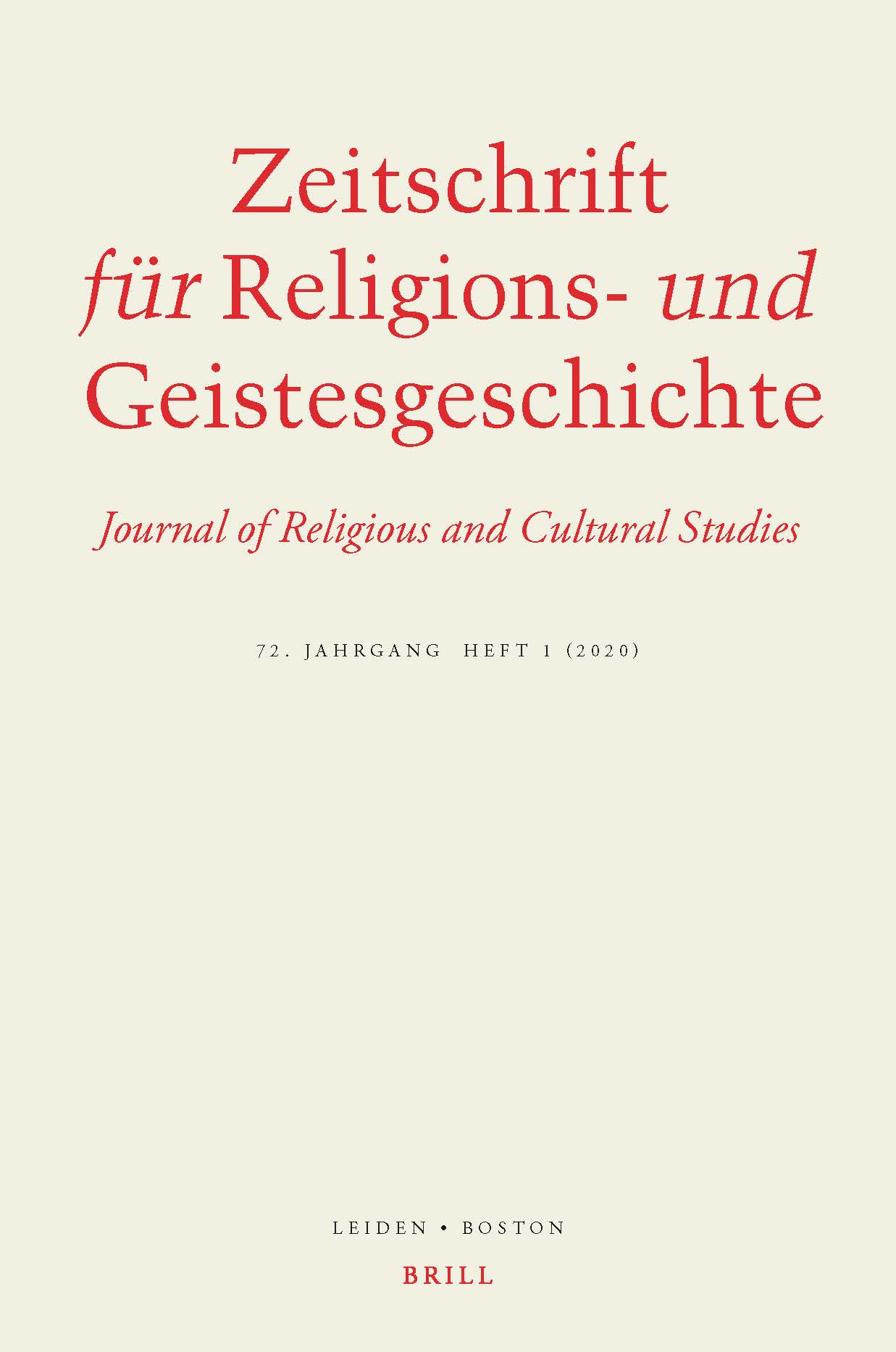in: Zeitschrift für Religions- und Geistesgeschichte (ZRGG) 72 (2020), Heft 3, S. 286-310
Manuskript-Version (kostenlos) | Volltext beim Verlag (zahlungspflichtig)
Vortrag mit den Kerninhalten des Beitrags
»Gebt dem Kaiser, was des Kaisers ist«: Das Verhältnis von Bahá’í-Recht zu deutschem Recht
Bahai-Winterferienkurs 2020/21, 27. Dezember 2020, 15 Uhr (Zoom-Session)
[ Ankündigung ] [ Slides ]
MP3-Datei (79 MB, 42:43 Minuten)
Alle Inhalte sind urheberrechtlich geschützt, für jedwede Verwendung ist die vorherige schriftliche Zustimmung des Autors erforderlich.
Abstract (English)
Bahá’í law differentiates between a secular and a sacred legal sphere, intertwining both by positing a religious duty for its adherents to abide by secular (state) law. In Germany, it encounters a secular legal framework that aims at something similar – creating an equilibrium between state law and religious law by establishing the principle of the division of State and Religion, while at the same time facilitating religious freedom; it provides a secular justification for the recognition of religious law. With this, both orders provide mechanisms ensuring that state law and religious law are able to enforce their own claim of validity, while at the same time avoiding conflicts between the respective legal orders.
The article argues that this unique interaction between Bahá’í law and the German constitutional law framework impacted both legal orders. For German law, on the one hand, it proved to be crucial for the development and opening of this legal field – whose original purpose was the regulation of the relationship between the state and the (two) Christian churches – for other religious traditions. The interaction with state law has impacted the Bahá’í Community of Germany, on the other hand, by catalyzing a number of developments that in other comparative law contexts have been dubbed “constitutionalization” effects.
